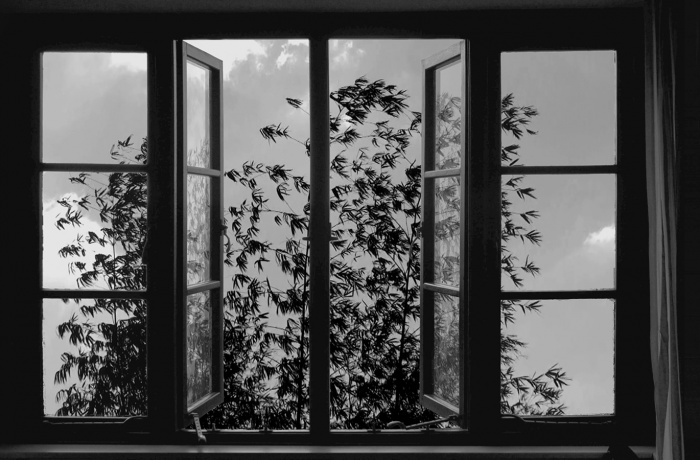
In December, the International Documentary Film Festival Cinema Verite, which takes place every year in Tehran, invited Docudays UA to make a presentation. Our program coordinator Olha Birzul used the opportunity to make a special program of contemporary Iranian documentaries, IRAN. PRIVATE. Meet the three stories at this year’s festival.
Contemporary Iranian cinema formed under the pressure of the authoritarian regime that came to power after the Islamic Revolution of 1979. Filmmaking in Iran operates under many restrictions: naked bodies or sexual behavior cannot be shown on screen, all women must have their heads covered, critical statements about religion are unacceptable. However, documentary filmmakers stay true to their profession everywhere: the local filmmakers also tackle uncomfortable topics. For example, the program of the Cinema Verite festival featured a film about a social service for victims of domestic violence. The manager of this organization spends her days explaining things to the female survivors, and in critical situations she provides them with temporary place to live. She mostly makes it clear that divorce is acceptable only as the last resort, or lectures the mother for marrying her daughter at a too young age. Nobody questions the harsh tradition. The government has nothing to do with it. Everything is resolved within the family, privately.
On one of the festival days, the international guests of the Cinema Verite festival are taken to the Museum of Cinema. There, we learn that there are women among Iranian filmmakers, and Jafar Panahi, despite being banned from filmmaking or leaving the country, has his own wall in the museum, which proudly demonstrates his prestigious awards. An important detail: every year, Iranian filmmakers make several hundreds of films. For obvious reasons, there are no political films among them: recently, the world was shocked with the news that Nasrin Sotoudeh, the Iranian human rights advocate and fighter against mandatory hijab for women, was sentenced in Tehran to 33 years in prison and 148 lashes.
Nevertheless, in the past decades Iranian filmmakers have reached an incredible level of allegorical and poetic imagery, and the famous film artist Abbas Kiarostami even affected the style of a number of iconic European filmmakers. Unfortunately, the director didn’t have time to finish his last experimental film 24 Frames: the work on the film was completed by his son Ahmad. At Docudays UA, there will be a Ukrainian premiere of this film which was met with ovation in Cannes.
The two other films from this section complete each other like day and night and paint a full picture of the role of women in the Islamic state. The difference is only that the protagonist of the film Beloved has never left her country, while the protagonist of the tender but thrilling story Finding Farideh visited Iran for the first time.
Another enjoyable moment: both films will be presented at Docudays UA by their creators.